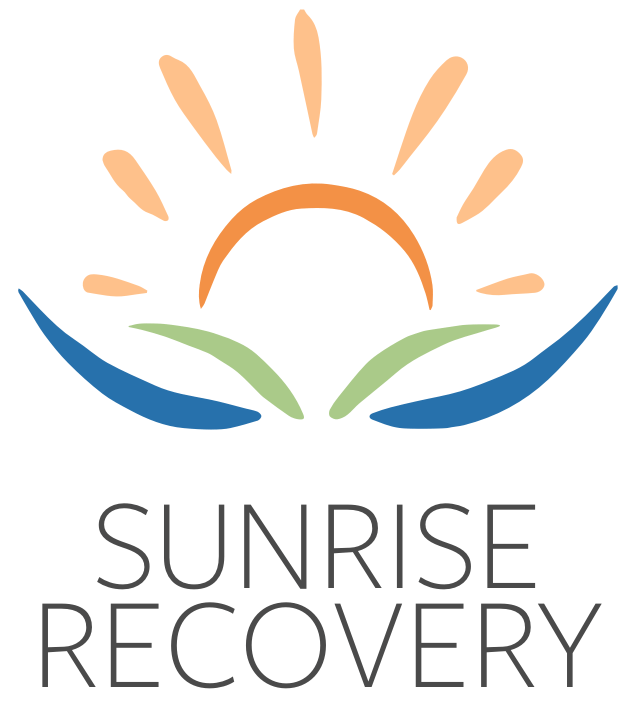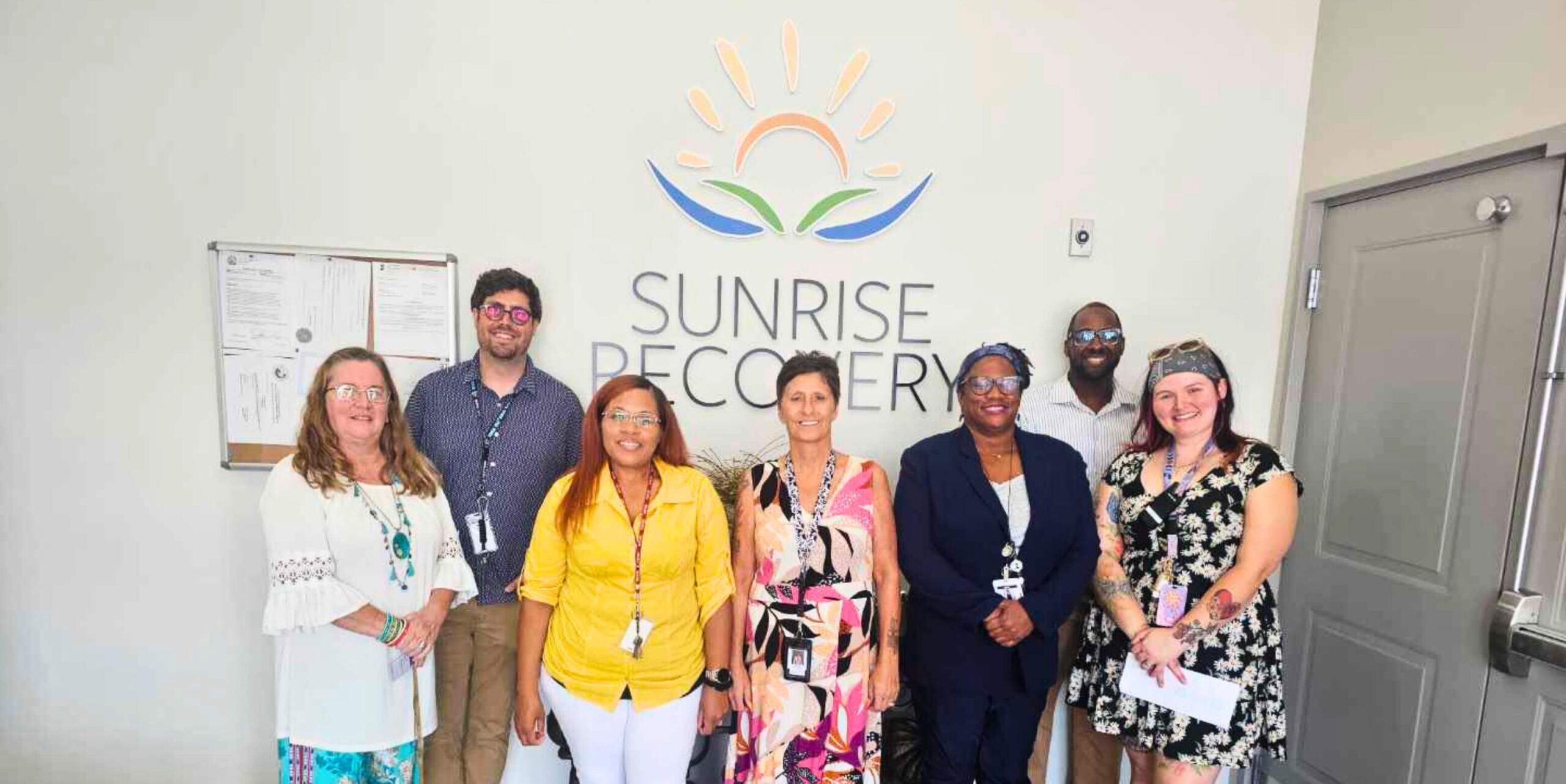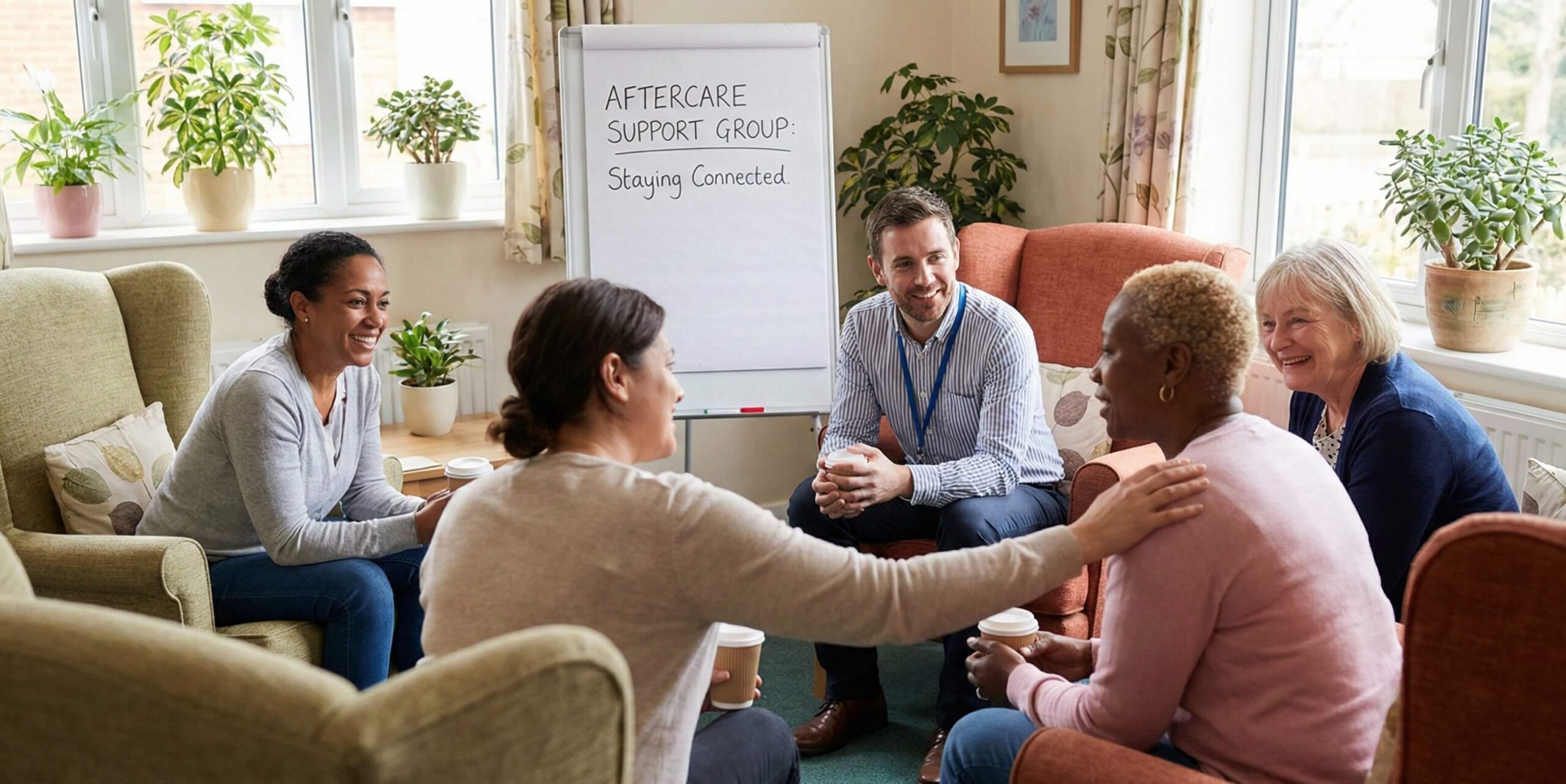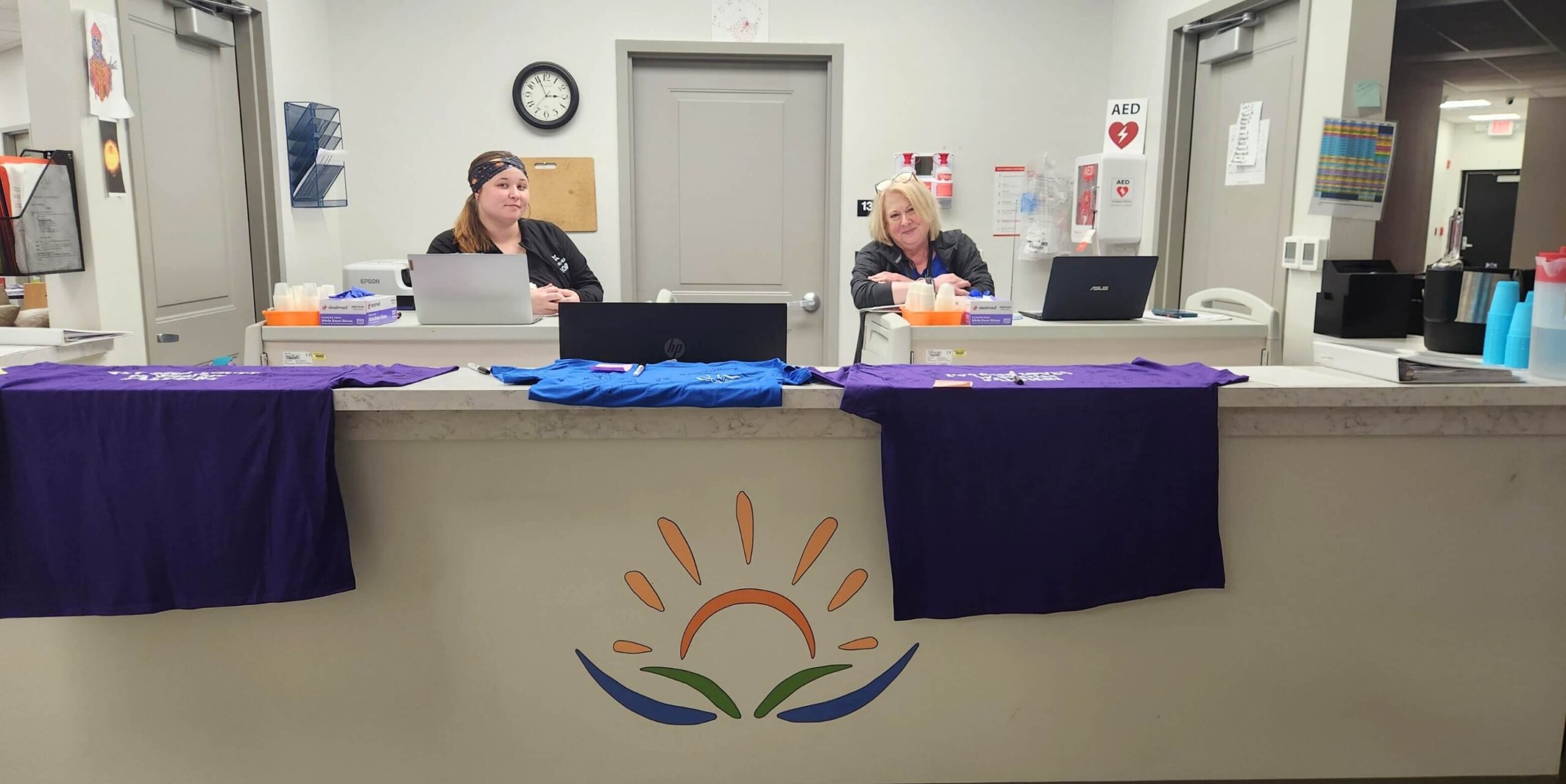Addiction recovery is a continuous and transformative process, impacting not only the individual in recovery but also their family. Families play a pivotal role in fostering a supportive environment that promotes long-term sobriety and personal growth. However, this involvement requires careful navigation to safeguard both the individual’s progress and the family’s well-being.
Two critical elements of family participation during the early stages of recovery are establishing healthy boundaries and seeking education about addiction. These steps enable families to approach recovery with empathy, resilience, and a solid foundation of understanding.
Why Family Support is Essential in Recovery
Family members contribute emotional support, stability, and accountability, all of which are integral to recovery. Positive family involvement can significantly influence an individual’s recovery journey by:
While family involvement is invaluable, it must be balanced with practices that promote self-reliance and respect for personal growth, such as setting boundaries and enhancing awareness about addiction.
The Importance of Setting Boundaries
Boundaries serve as the cornerstone of healthy relationships, particularly during recovery, when emotions can run high. These limits foster mutual respect, protect emotional health, and encourage independence.
Key Benefits of Boundaries
Examples of Healthy Boundaries
Creating boundaries can feel challenging, especially when emotions are involved. However, these limits foster a stable and supportive environment, benefiting everyone involved in the recovery process.
Educating Families About Addiction
Addiction is a chronic brain disorder that alters behavior, decision-making, and emotional regulation. Without a clear understanding of its complexities, families may struggle with frustration or misconceptions. Education equips families with tools to provide effective support and navigate the challenges of recovery.
Why Education Matters
Ways to Learn About Addiction
Building a Supportive Recovery Environment
Addiction recovery is a unique journey for each individual and their family. By prioritizing education and setting clear boundaries, families can create an environment that nurtures healing, resilience, and growth. Compassion and informed support from loved ones can make a profound difference in the individual’s recovery journey.
Sunrise Recovery recognizes the vital role families play in addiction recovery. Our addiction rehab programs are designed to include family therapy, educational workshops, and practical tools to empower families to support their loved ones while maintaining their own well-being.
If you or someone you love is struggling with addiction, reach out to Sunrise Recovery today. Together, we can build a strong foundation for lasting recovery and a healthier, brighter future.







